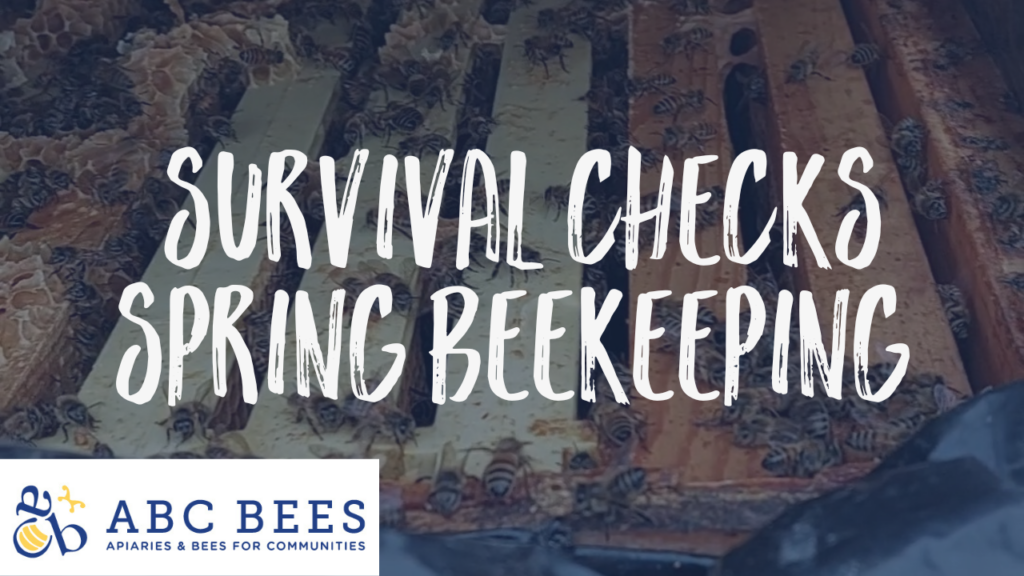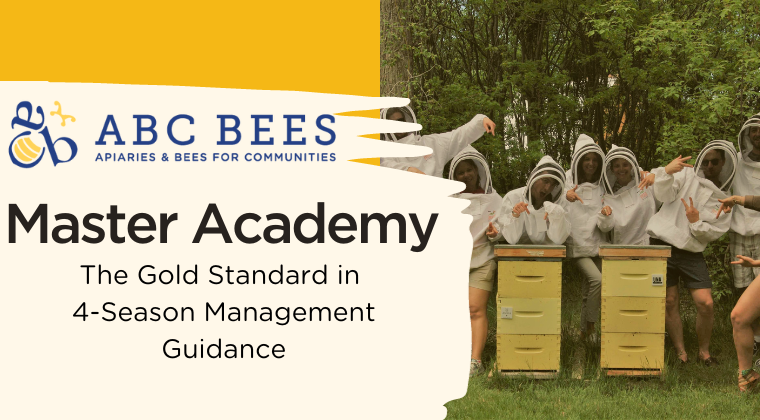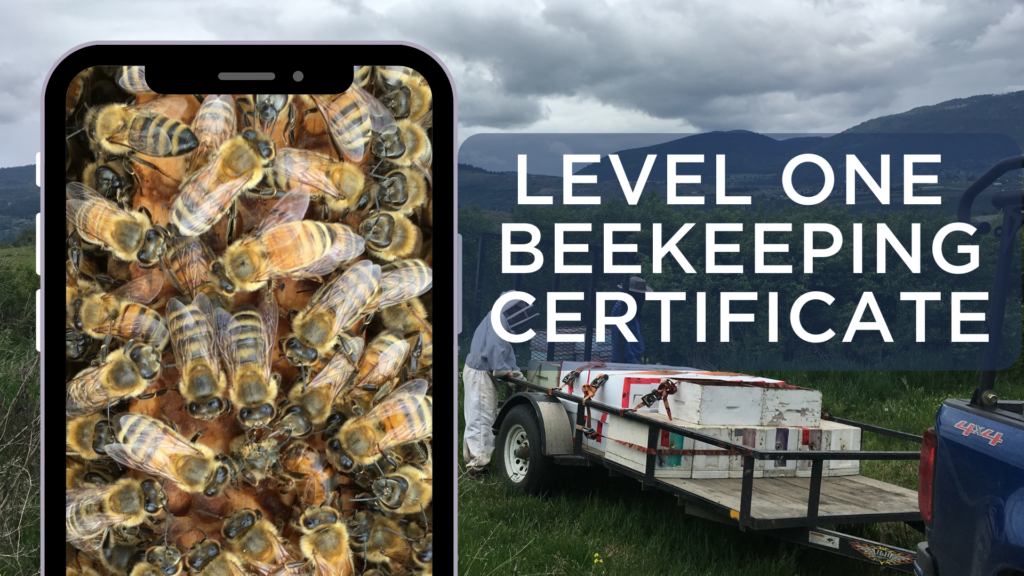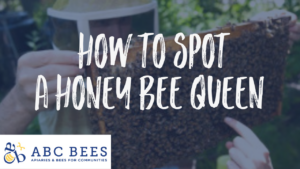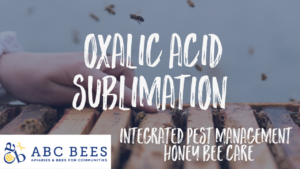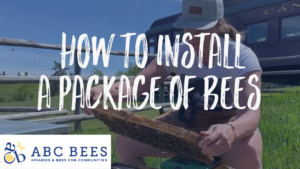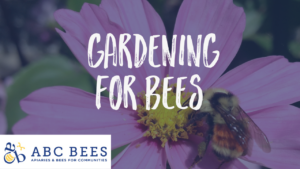Outcomes
Learners will understand how to conduct a survival inspection for beehives and implement effective spring feeding techniques to support the well-being and survival of bee colonies during the critical springtime period.
Key Takeaways
Survival inspections are vital health check-ups for beehives, allowing beekeepers to assess colony well-being and identify potential issues.
Spring feeding with pollen patties and fondant is crucial for supporting bee colonies during the critical springtime period, ensuring they have the necessary nourishment for brood development and colony expansion.
In this blog post, we delve into the significance of survival inspections and explore the essential role of spring supplementation in supporting thriving bee colonies.
Survival Inspections: A Closer Look
Survival inspections are among the most crucial tasks for beekeepers as they mark the beginning of the beekeeping season. These inspections are performed with utmost care, ensuring minimal exposure of the hive to external elements. The primary objectives are twofold: to check the colony’s vitality and to ascertain if supplementary feed is required.
During these inspections, beekeepers meticulously observe the bee activity at the hive entrance and listen for the gentle hum of life within. The presence of bees coming and going signifies a healthy colony, while a lack of activity may indicate a potential issue. As a rule of thumb, these inspections are carried out swiftly, keeping the hive’s exposure to the minimum to prevent unnecessary stress to the bees.
Spring Supplementation: Nourishing Our Bee Colonies
Springtime presents unique challenges for bee colonies. While nature awakens with an abundance of blooming flowers, there might still be a dearth of essential pollen and nectar sources for the bees. This is where spring supplementation plays a vital role in supporting their well-being.
Bee colonies require ample nourishment to initiate brood rearing and stimulate colony expansion. Spring supplementation can involve the provision of stored honeycombs, dry feed, or pollen supports to ensure the bees have the necessary resources for their growth and development.
Pollen supports, such as pollen patties and pollen substitutes, are commonly used by beekeepers to provide the vital protein source needed for brood development. These supplements help bridge the gap during the transition from winter to the blossoming season when natural pollen sources may still be limited.
Conclusion
By carefully tending to our bee colonies’ needs and ensuring they receive adequate nourishment during this pivotal time, we create the ideal conditions for healthy and thriving bee populations. Happy beekeeping!

